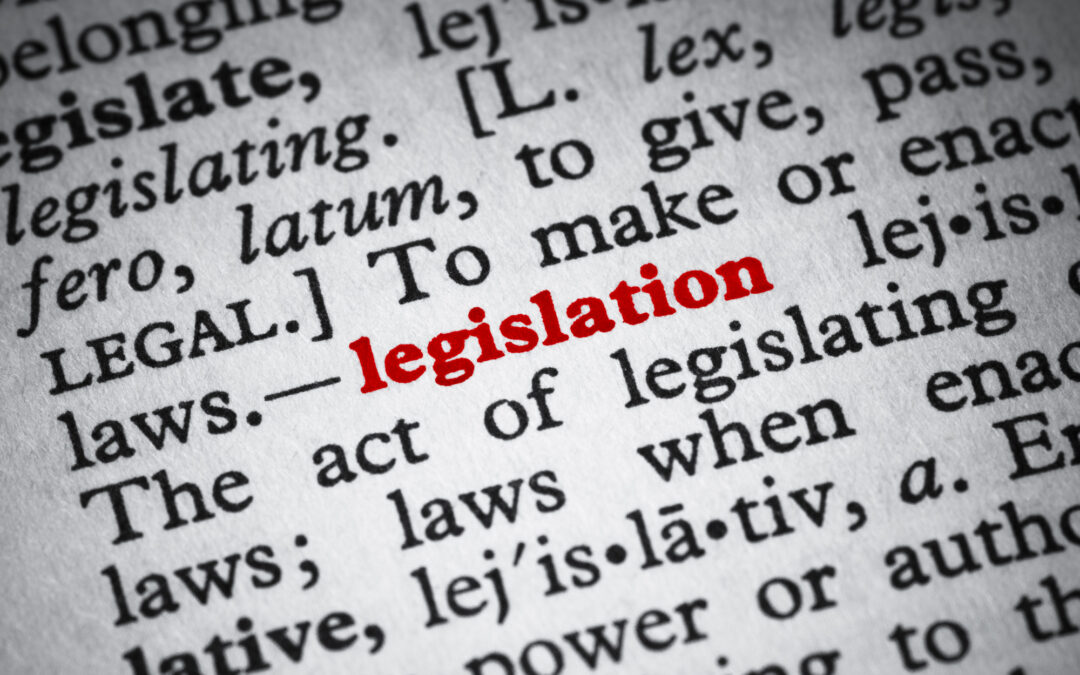The Minnesota legislative session has been bustling with activity affecting Minnesota laws, some bills already have been approved by the Legislature, and signed into law by Governor Walz, and several significant bills are making their way through the legislative process.
Recent Changes to Minnesota Real Estate Law: SF202 Partition Statute Signed Into Law
One of the most notable bills already signed into law is SF202 which introduces a new partition statute effective for actions commenced on or after August 1, 2025, and modifies an eminent domain notice provision. It also clarifies the retroactive effectiveness of certain parts of a 2024 law regarding transfer on death deeds. The passage of SF202 marks a significant development in property law, providing clearer guidelines and protections for property owners and other stakeholders.
Proposed Tax on Legal Services Opposed by MSBA
The Minnesota State Bar Association (MSBA) has been actively involved in opposing a proposed tax plan that would expand the sales tax to consumer legal services, a move that would affect all legal professionals and their clients.
Updates to Minnesota Business and Criminal Law
In addition, HF747, a bill that modernizes the corporate governance provisions of the Minnesota Business Corporation Act, has been incorporated into the House’s omnibus commerce policy bill, passed the Commerce Committee, and is awaiting a floor vote.
Another legislative action of interest to lawyers includes HF2521, which would allow individuals with a stay of adjudication to seek post-conviction relief. This bill represents a significant step towards expanding legal remedies for individuals seeking to clear their records and move forward with their lives. Additionally, HF1837, the House omnibus state government policy bill, includes provisions that authorize state agencies to request remand of an Office of Administrative Hearings finding within 45 days, highlighting ongoing efforts to streamline administrative processes.
As the legislative session progresses, these bills and others will continue to shape the legal landscape in Minnesota.

